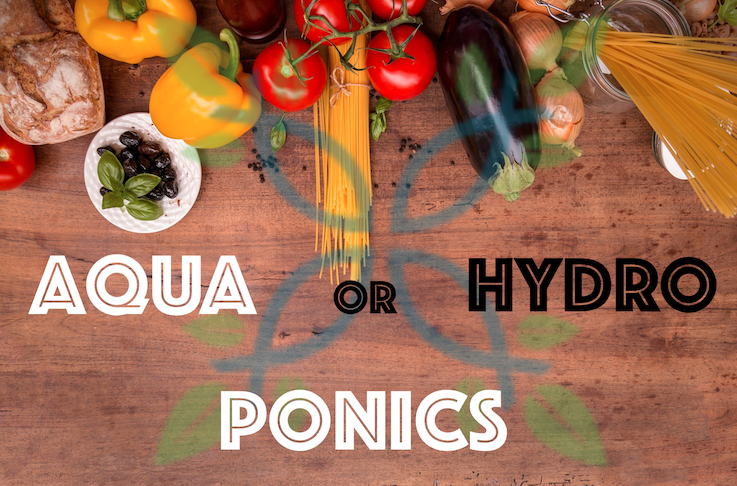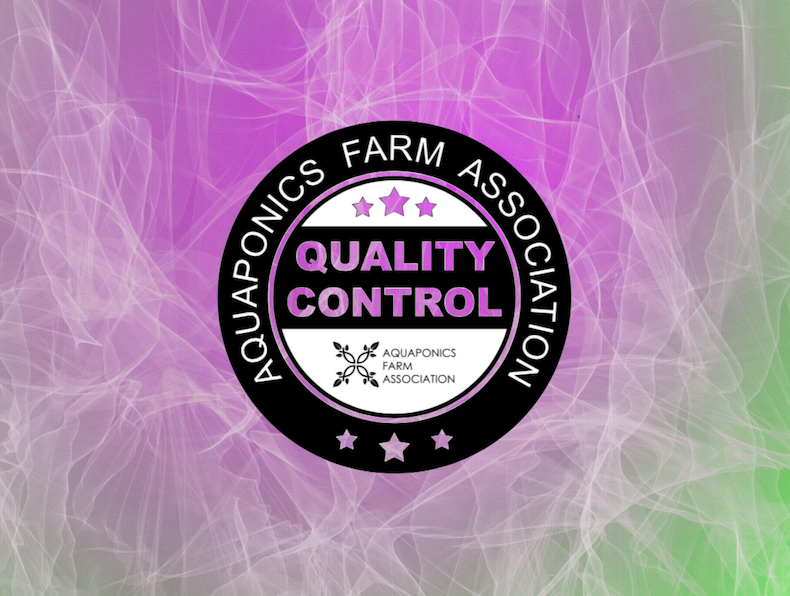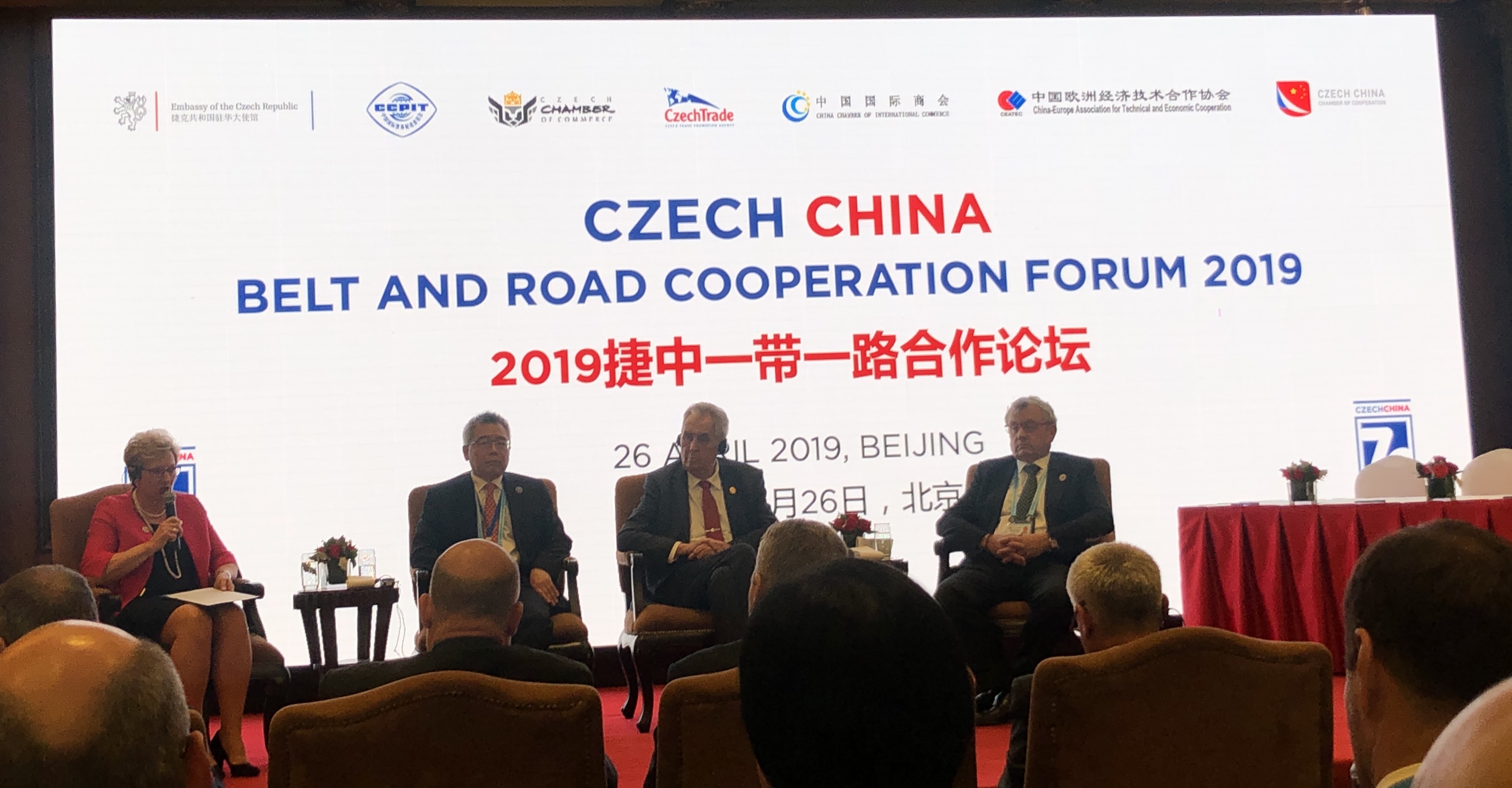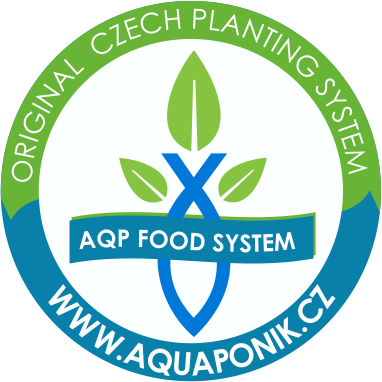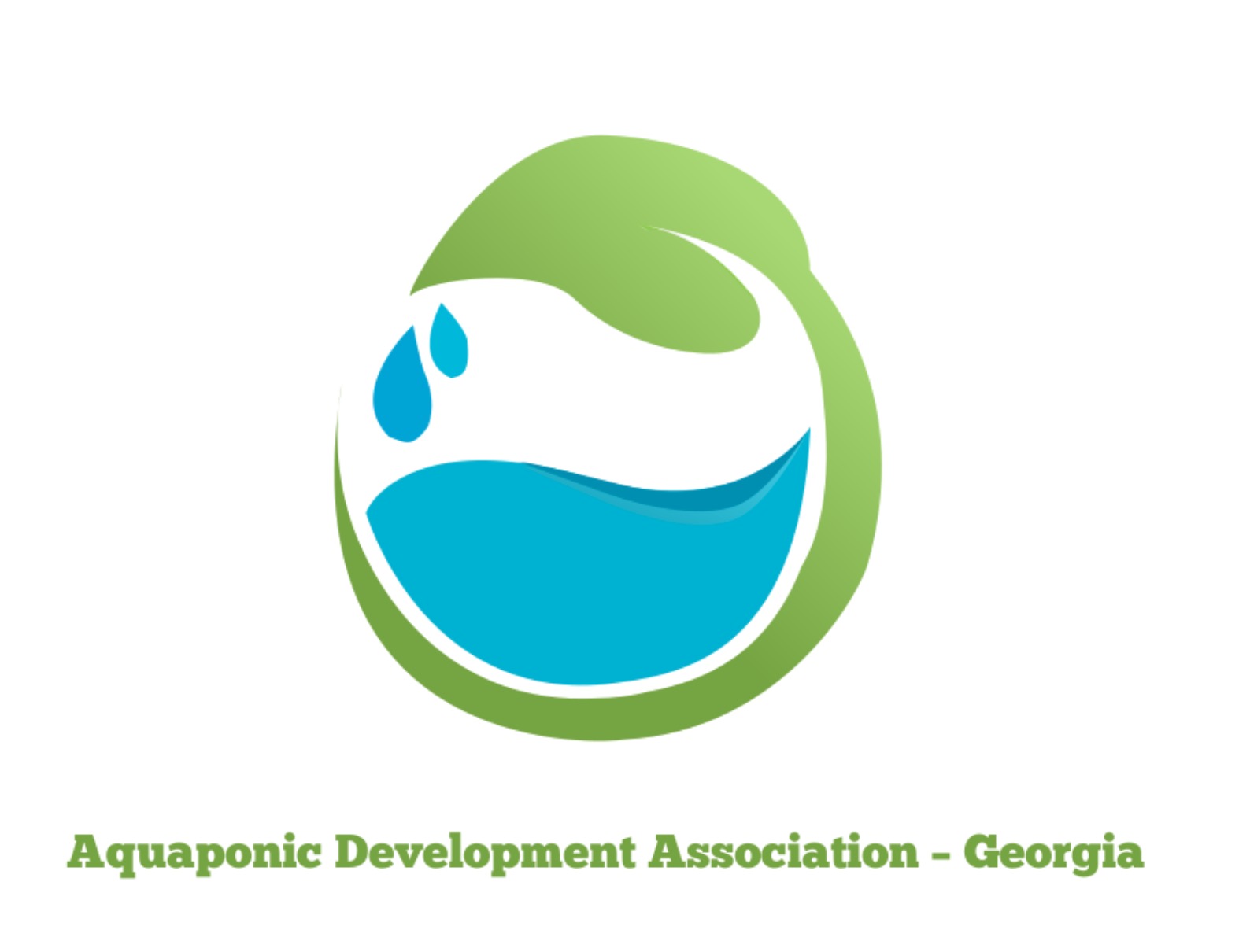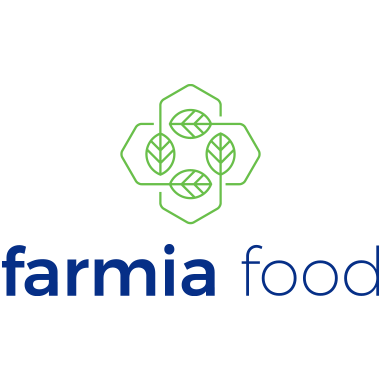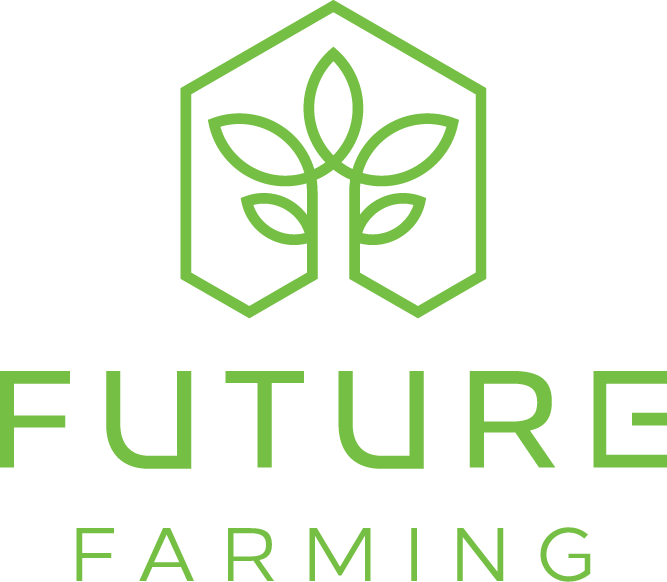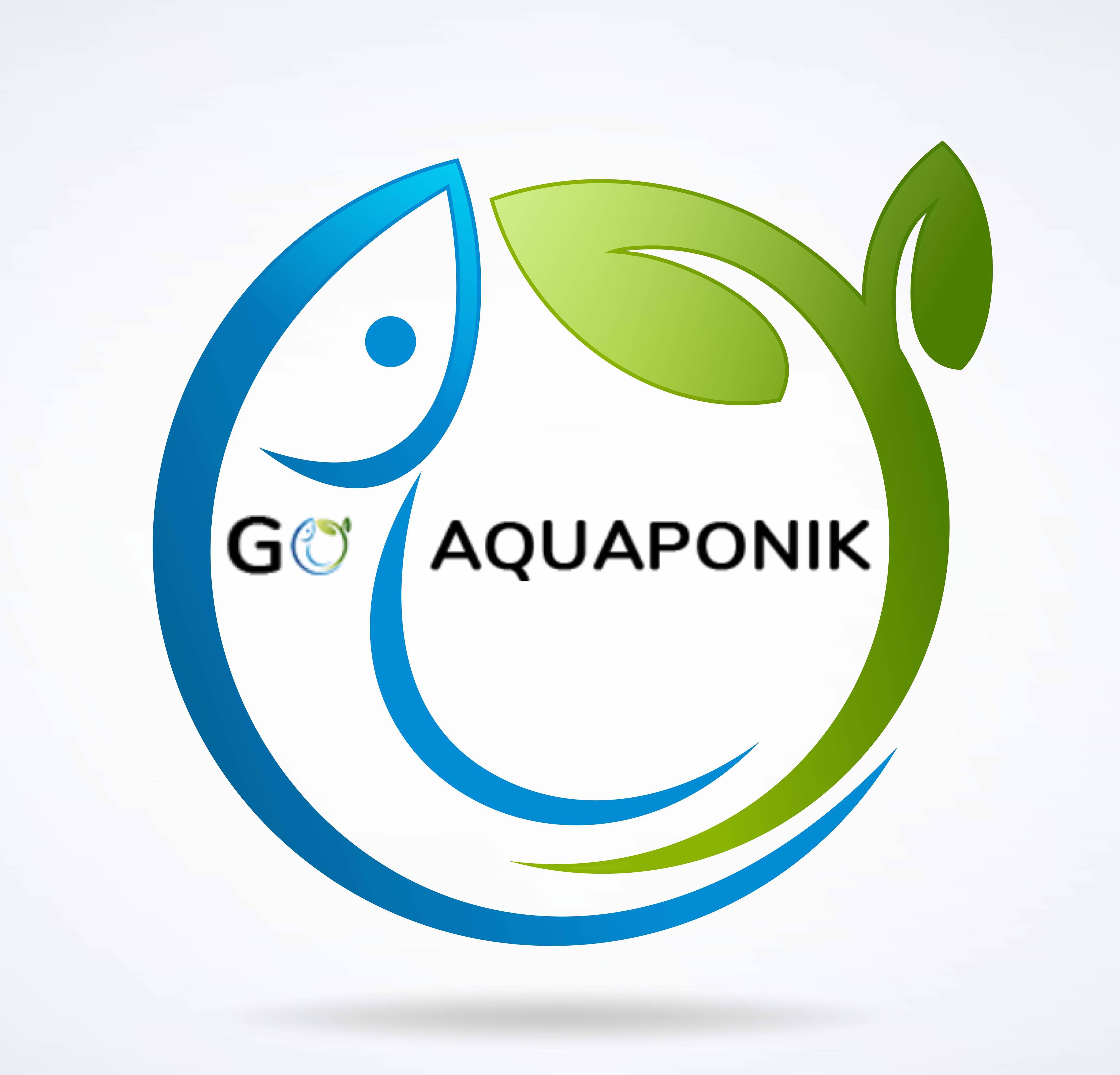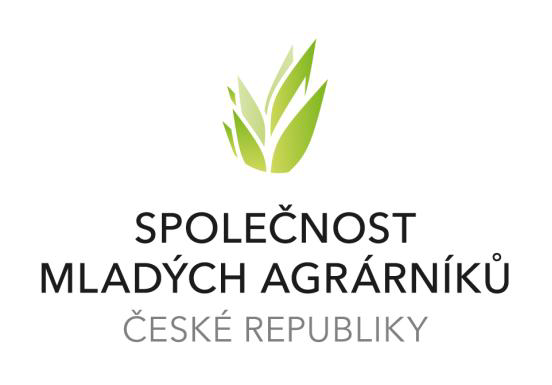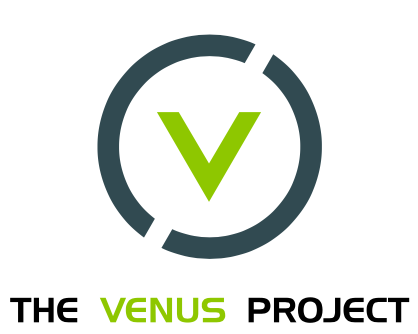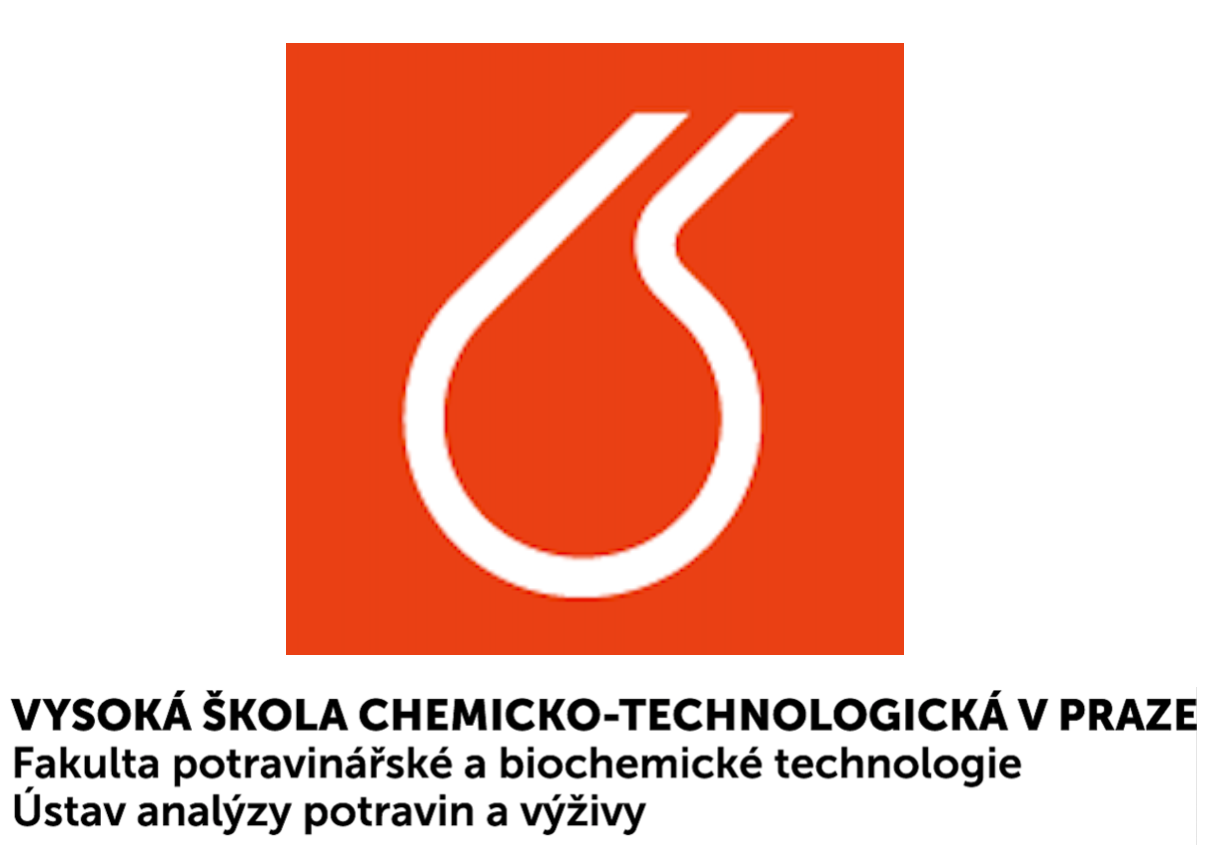The difference between aquaponics and hydroponics. The answer to this very common question is surprisingly simple. The main difference is fish, but you would definitely want to discuss this in a little more detail. So. Aquaponicsis based on the hydroponic part and the fish part. This means thatyou can makea hydroponic farm into anaquaponic farm simply by adding fish. However, the first complications start righthere. The aquaponic farm must maintain a very sensitive nutrient cycle. To put it simply, you have to have the right ratio of fish to cultivated plants (or vice versa). It is based on the fact thatthe fish droppings are toxic to them, but they area life-giving fertilizer for plants. So if you have few plants (or a lot of fish) in the aquaponic system, it may easily happen that the fish will die as a result of poisoning by for them toxic substances. If you have the opposite, that is, you have a lot of plants or few fish, your plants will begin to wane, their growth will cease to be effective and pathology will appear. Aquaponics is therefore more complex than hydroponics, and that is why hydroponic cultivation in the last 3 decades has been so widespread. Nowadays hydroponic industrial greenhouses look very simple. Huge greenhouse, growing media (mostly from coconut fibers), droplet irrigation and a small building at the greenhouse, where there is a chemical storage and fertilizer mixer. According to precisely defined parameters, the fertilizer is mixed so that you can choose whether you want the plants to grow faster, have larger or tastier fruits. If necessary, the neededphytohormones can be admixed to accelerate the growth of the root system or maturation of the fruit. This mixture is then continually driven through the root system of the plants and they take the necessary substances from it. However, at the end of this process you get avery concentrated toxicsolution of artificial fertilizerswhich havenot been absorbed and the medium itself is full of fertilizers and must be disposed of as hazardous waste. In hydroponics, the plantscan also be very simply over-fertilized.
In aquaponics, the fertilizer is produced differently. The input parameter is the fish feed. This undergoes the first bacterial decomposition in the fish intestines, then the second biphasic bacterial decomposition in the capture filters before becoming a plant fertilizer. This solution is produced naturally, as well as in natural ecosystems, and is a universal solution, in addition to which plants cannot be over-fertilized. If the chemical decomposition of the more complex organic elements to simple ones runs correctly, there are no toxic substances for the plants or the fish in the solution. It is similar to nature. Animals have always provided fertilizer to plants, and plants again feed animals. Basically, this principle describes the nutrient cycle in nature. This balance is very sensitive to any external interference. When it is disturbed, aquaponics stops working and problems with the growth of plants or fish start to appear. The advantage, however, is a high-quality and non-chemical fertilizer solution that is better accepted by plants and contains much more macro and micro elements than the hydroponic one.
The differences are as follows:
Aquaponics is more complex and requires knowledge of fish farming, growing of plants and chemical processes of organic matter decomposition. On the other hand, the products are of natural origin, do not burden the environment with waste, consume less water, have dual production (fish), do not use chemicals.
Hydroponics is simple to operate, but its effects on product quality and the environment are not so cheerful. However, it is still much better than conventional farming, which is essentially the cause of all the ecological problems of today. Some farmers already consider cultivating in the soil as hydroponics, because the soil is so dead that if you do not fertilize and water nonstop, not much grows there anymore.
Finally, a note. All food cultivation methods can either be done commercially, regardless of food quality or the environment, or can be done with love and respect for nature. There are many organic farmers and people doing hydroponics on natural fertilizers from animal faeces. Aquaponics can only be done correctly, otherwise it does not work.
Michal "FoFun" Fojtík

